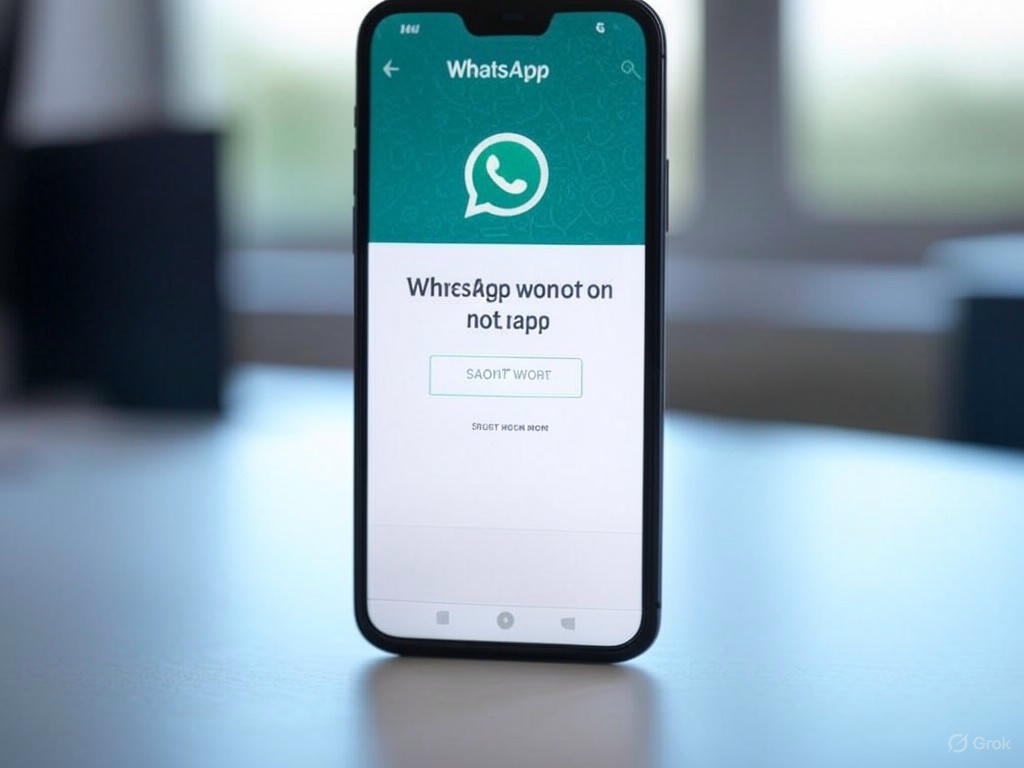WhatsApp Embraces Advertising: A New Era for Business Outreach
In a groundbreaking move, WhatsApp, the globally popular messaging platform owned by Meta, is stepping into the world of advertising. The company recently revealed plans to integrate promotional content into its platform, marking a significant shift from its historically ad-free environment. This development, aimed at empowering businesses, will utilize the app’s Status feature—a space traditionally reserved for personal updates and fleeting moments shared among friends and family. Now, companies will have the opportunity to showcase their products and services directly to WhatsApp’s massive user base, which spans billions across the globe.
The decision to introduce ads comes as Meta seeks to further monetize one of its most widely used applications. WhatsApp has long been a cornerstone of personal and professional communication, offering free messaging and calling services. However, maintaining such a vast infrastructure requires substantial investment, and advertising presents a lucrative avenue to offset these costs. By leveraging the Status feature, Meta aims to create a seamless integration of promotional content that feels organic to users. Businesses can craft short, visually engaging updates to capture attention, much like the stories format seen on other social media platforms. This approach ensures that ads are not overly intrusive while still providing companies with a direct line to potential customers.
For businesses, this update opens up a treasure trove of marketing possibilities. WhatsApp’s unparalleled reach, especially in regions where it serves as the primary communication tool, offers brands a unique chance to connect with diverse audiences. Small enterprises and large corporations alike can now tap into a platform where users spend significant time daily, sharing everything from casual chats to critical business discussions. The ability to post promotional Status updates could revolutionize how companies engage with consumers, fostering a more personal and immediate form of advertising. Imagine a local bakery announcing a limited-time offer or a tech firm teasing a product launch—all within the familiar interface of WhatsApp.
However, this shift is not without its challenges. WhatsApp users have long cherished the platform for its simplicity and lack of commercial interruptions. Introducing ads, even in a subtle form, may spark concerns about privacy and user experience. Meta will need to strike a delicate balance, ensuring that advertisements do not overwhelm or alienate its loyal community. Transparency about data usage and the option to limit ad exposure could be critical in maintaining trust. Additionally, the success of this initiative will hinge on how well businesses adapt to creating content that resonates within the informal, personal tone of WhatsApp.
As WhatsApp embarks on this new chapter, the tech world watches closely. This move could redefine how messaging apps blend commerce with communication, potentially setting a precedent for others to follow. While the long-term impact remains to be seen, one thing is clear: WhatsApp is no longer just a messaging tool—it’s evolving into a dynamic marketplace. Businesses stand to gain, users must adapt, and Meta is poised to reshape the digital advertising landscape once again.


